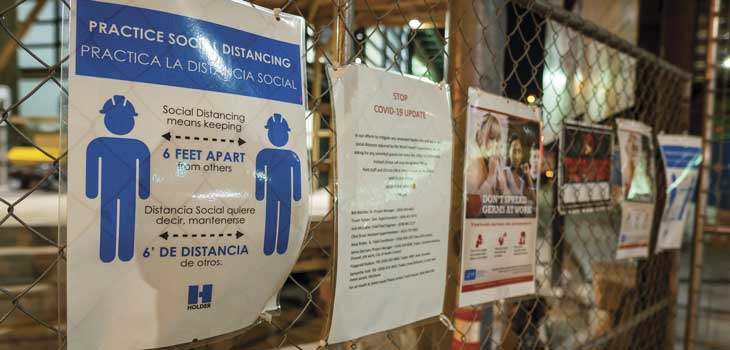
- Minimal commencement of works: an obvious solution?
- Difficulty in complying with pre-commencement conditions: the options available.
- Coronavirus: challenges of protecting the workforce.
Pursuant to s 91 of the Town and Country Planning Act 1990 (TCPA 1990) development work subject to a grant of planning permission must be begun within a period of three years, unless the planning authority has imposed, when granting permission, a different duration (whether longer or shorter). It is, furthermore, not permissible for a planning authority to extend the deadline by agreement with the landowner or developer. Conditions controlling the way in which the planning permission must be implemented may also be imposed by the planning authority, which may include works that are required to take place before the development work begins. These ‘pre-commencement works’ could include, for instance, discontinuance of any existing land use, removal of buildings, certain access or drainage works, or landscaping.
While recent relaxation of lockdown restrictions,









